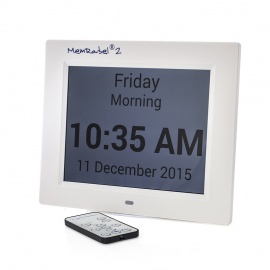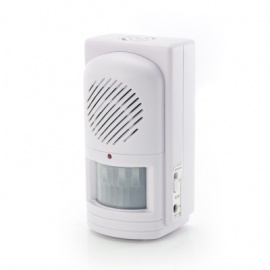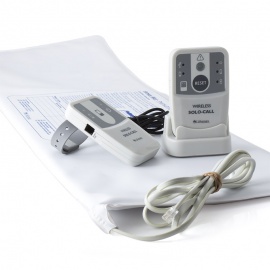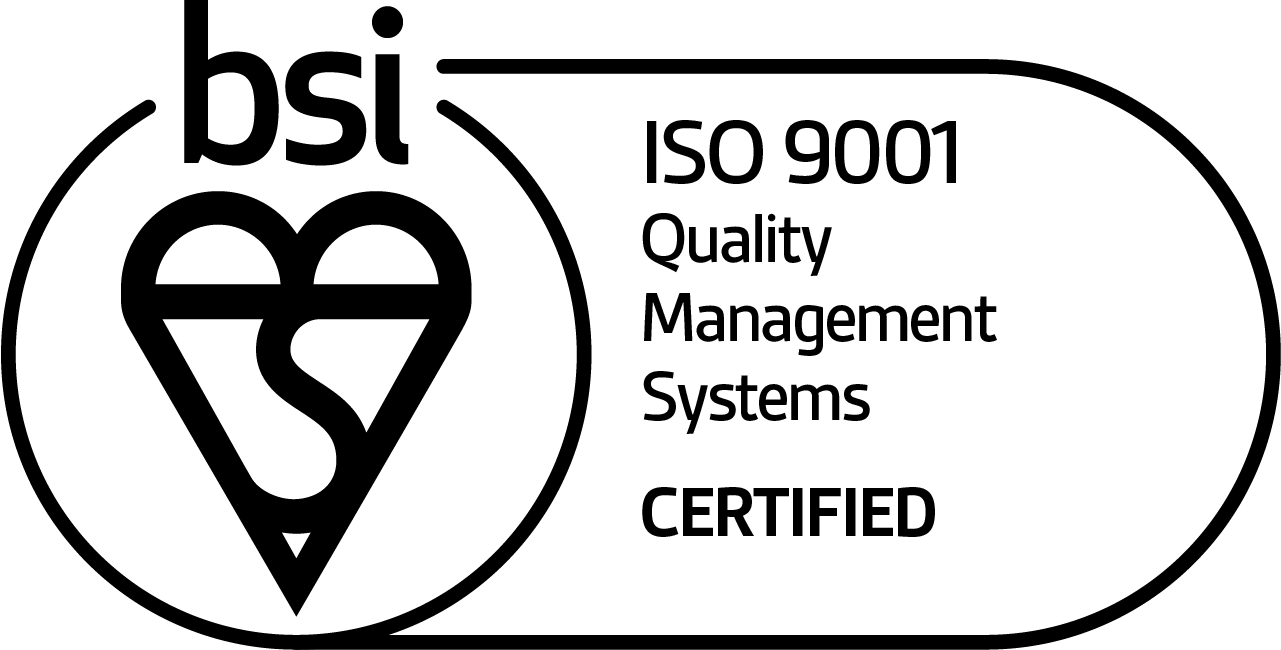| Assistive Technology For Dementia23 December 2015 | John Dementia affects a huge amount of elderly people – one in every three people over 65 are likely to develop the condition– and its effects can be upsetting and destructive for both the victim and those around them, but it doesn't mean their quality of life is gone for good. There are things you can do to ensure that your loved ones with dementia can continue to live their lives safely and happily thanks to the wide range of care alarms available. What Is Dementia?Dementia is a blanket term for a range of different symptoms which can be caused by different diseases, including Alzheimer’s which makes up 50% to 70% of conditions. Other types of dementia include:
There are several physical symptoms of dementia, which become more noticeable as the condition develop, many of which can be managed by finding the perfect care alarm device:
There are also noticeable symptoms of dementia which affect behaviour and psychology, including:
How Can Assistive Technologies Help Combat The Difficulties of Dementia?The difficulties dementia can present, both for the sufferer and those around them, depend greatly on how far along the condition is. In the early stages, an individual may find it difficult to remember to carry out chores or tasks around the house, like doing laundry or remembering to take medication. To counter this, products like the MemRabel 2 Audio/Visual Dementia Care Alarm have been developed, which gives friendly reminders to carry out everyday tasks using sound, images or even pre-recorded personal video messages from loved ones. Set a reminder for anything, from taking daily pills to sitting down to watch Eastenders! During the middle stages of dementia, the person can generally not function outside of their own home. To combat the risk of wandering, products like the MedPage Door and Window Contact Sensor for MPPL Pagers can easily be installed, alerting you if loved ones attempt to open a door, ensuring that they do not leave the house and become a danger to themselves. In late stages of dementia, people turn increasingly inwards and their symptoms become exacerbated. The person will likely need help to get up out of bed correctly because of the large loss of balance and equilibrium. To help reduce the risk of falls and injury, products like the Bed Pressure Mat for MPPL and POCSAG Systems have been developed. The pressure mat detects when someone is laying on their bed, sending an alert should they go to leave the bed, so you can be prepared to give help and assistance. Dementia is an incredibly difficult thing live with, both for the patient and their loved ones, but thanks to assistive technology, caring for a sufferer of dementia can be made that little bit easier, to ensure a better and more streamlined quality of care. If you’re interested in seeing some more assistive technology for dementia, head over to Care Alarms and take a look at our range of Dementia Alarms.
|









